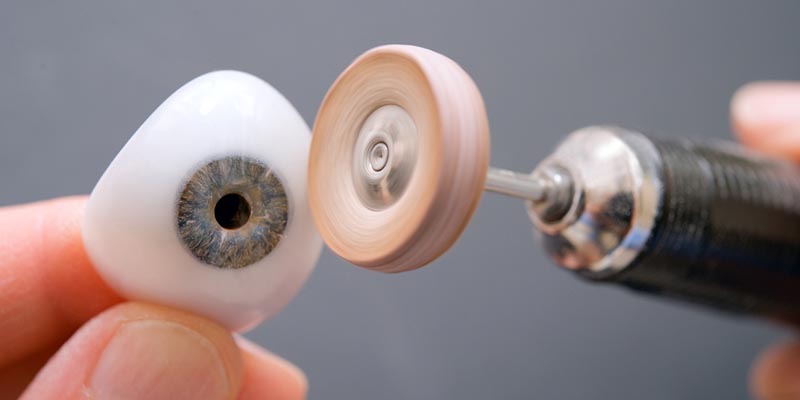Individuals above the age of 50 are more at risk of developing depression if they regularly use social media apps, a new study suggests.
According to the report, middle-aged adults will experience more symptoms of depression and anxiety if they are on social networks that are popular with the younger generation, such as TikTok and Snapchat.
Senior author, Professor Roy Perlis said: “People who were using Facebook, TikTok and Snapchat were substantially more likely to come back and tell us they felt depressed the next time they filled out the survey.”
- ‘Strong link’ found between food choices and children’s mental health
- Mental health of children during pandemic enhanced by reduced screen time and organised routine, research reveals
During the year-long study, more than 5,000 adults filled in several assessments on their emotional wellbeing and what social media platforms they interact with.
Academics from Harvard University found that nine per cent of the group experienced a decline in their mental health by the end of the trial, with most of these participants self-reporting regular use of Snapchat, Facebook and TikTok.
The findings identify that Snapchat users in their fifties were 50% more likely to develop depression, while middle-aged TikTok users felt more depressed compared to younger people who use the app.
However, the participants who self-reported feelings of sadness after using Facebook were primarily under the age of 35.
According to the analysis, not fitting in with the ‘target’ demographic of a social media platform could explain why middle-aged adults felt depressed after frequent use of Snapchat and TikTok, two networks mainly used by the younger generation.
Whereas, Facebook users are predominantly middle-aged, explaining why younger people feel sad after using the platform.
Professor Perlis believes that people who feel sad after using social media platforms could be “vulnerable to depression.”
- New research identifies a rise in mental health disorders among ICU workers during pandemic
- Pandemic causing higher levels of drinking among those with mental health issues
He said: “Notably, social media use may simply be a marker of underlying vulnerability to depression.”
Previous research has found that social media is damaging for the mental health of young people. However, this analysis is one of the first studies looking into the link between social media and depression for middle-aged adults.
The study was published in the medical journal JAMA Network Open.




